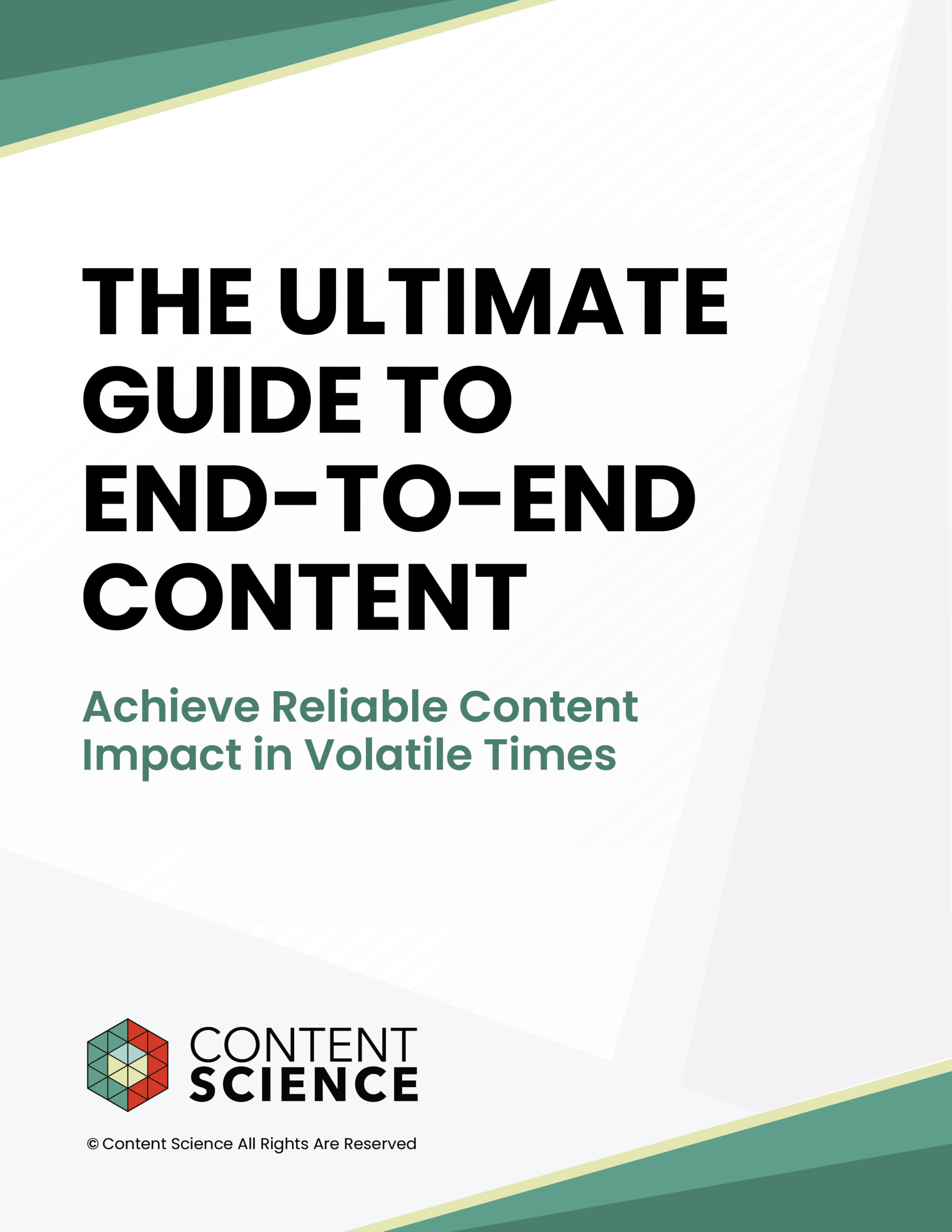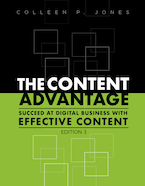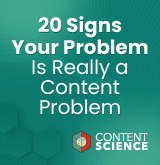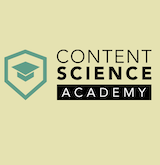
The Georgia Office of Digital Services (DSGa) supports more than 100 websites. That’s a lot of content. To enhance and expand how Georgia government websites produce and manage all of this content, DSGa has undertaken a multi-year journey.
We talked with DSGa’s Director of Content Will Alford to understand how DSGa is tackling website content management and improving content operations.
Why does DSGa view content as important? Has the pandemic affected the importance of content?
ALFORD: Our team’s mission is to make state information and services easy to use and accessible to all Georgians. Everything we do flows from that simple statement. Even before the pandemic, we talked about how many Georgians never set foot in a state office, but they interact with the government through our websites. We renew licenses, register LLCs, apply for assistance, seek out voting information, and more.
Of course, the pandemic impacted all in-person business, so it’s been more important than ever that our websites have the most up-to-date information and provide for intuitive, frictionless transactions. We created a new COVID-19 section on Georgia.gov (which is managed by a dedicated member of our team) and launched a chatbot to respond to the surge in demand for facts and help. The pandemic also accelerated conversations about how a “single source of truth” should power everything from our network of websites to a chatbot to information given out by our call center. This is a huge challenge when agencies operate quite independently of one another.
DSGa supports a wide range of state agencies. How did you and DSGa establish an approach to enabling agencies with content?
ALFORD: The individual agencies are the experts for their content. No one knows their subject area or constituencies better than they do. We worked closely with both agencies and Georgians to build a content management system—GovHub, powered by Drupal 8—that helps website managers make the right decisions for their users by designing types of pages and containers with certain rules and features. Accessibility, SEO, and security best practices are baked in. They just have to worry about creating good content. We provide daily support through our help desk, monthly training and an annual conference, and occasionally deep consultation on a case-specific basis.
What types of processes and tools have you set up to help state agencies adhere to web and content standards? Does DSGa provide state agencies with a digital playbook or content guidelines?
ALFORD: DSGa takes the lead on crafting standards and guidelines, and, by law, all state government websites must be in compliance whether they’re on our platform or not. We’ve created an analytics dashboard powered by Siteimprove that monitors the big things—accessibility, SEO, mobile speed, and content quality (such as broken links, plain language standards, etc.). This dashboard will launch publicly later this month, and anyone will be able to check the performance of state websites. We’ve created our own digital playbook for the websites we manage—Digital Services and Georgia.gov—and we try to model good behavior.
What is your approach to content review and analysis?
ALFORD: We are always monitoring our performance, and we have planned a sitewide audit of Georgia.gov to be completed by the end of 2021. Rather than going page by page or by content type, we’ll audit a whole user journey at a time. So for example, let’s say someone is interested in food assistance programs, we’ll look at all of the content surrounding that. We are looking for broken links, outdated information and imagery, and pages no one has accessed in ages. We’ll try to understand user behavior and streamline or consolidate information into fewer steps where possible. As part of our recent engagement with Content Science, we got user feedback through the ContentWRX tool that provided helpful context.
What more do you hope to do in the future to further empower best-in-class web and content practices across Georgia’s government websites?
ALFORD: We offer website managers a state content specialist certification if they complete a learning path of classes that we teach. Pre-pandemic, we did training in person monthly, but we are in the process of converting our entire program to virtual learning modules. We think this will greatly increase participation since state employees won’t have to carve out time to trek over to our building to attend classes in person. We’ve also relaunched our own website, Digital Services Georgia, with weekly blogs, tactical tips, case studies, and more. Our culture is to work in the open and say things out loud. So as we engage with agencies on specific projects or update GovHub features or make improvements to Georgia.gov, we’ll write about it so that everyone can learn at the same time as us.
Events, Resources, + More
The Ultimate Guide to End-to-End Content
Discover why + how an end-to-end approach is critical in the age of AI with this comprehensive white paper.
The Content Advantage Book
The much-anticipated third edition of the highly rated book by Colleen Jones is available at book retailers worldwide. Learn more!
20 Signs of a Content Problem in a High-Stakes Initiative
Use this white paper to diagnose the problem so you can achieve the right solution faster.
Upskill with Content Science Academy
Training for modern content roles through on-demand certifications + courses or live workshops.







Comments
We invite you to share your perspective in a constructive way. To comment, please sign in or register. Our moderating team will review all comments and may edit them for clarity. Our team also may delete comments that are off-topic or disrespectful. All postings become the property of
Content Science Review.